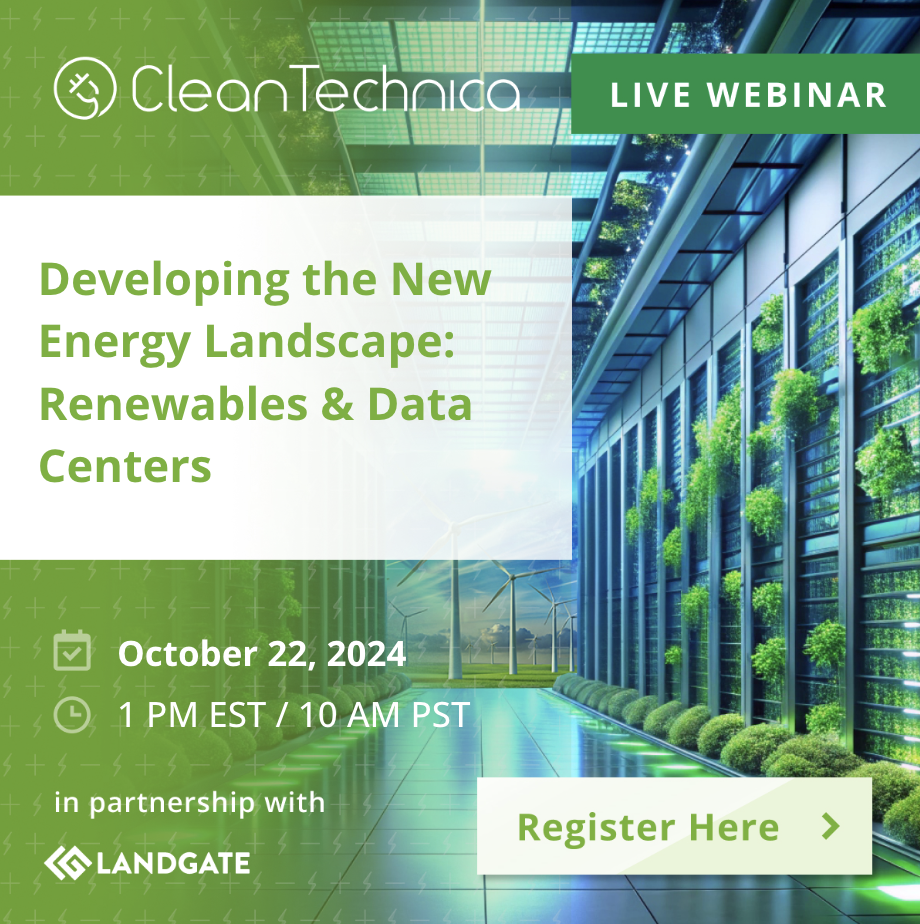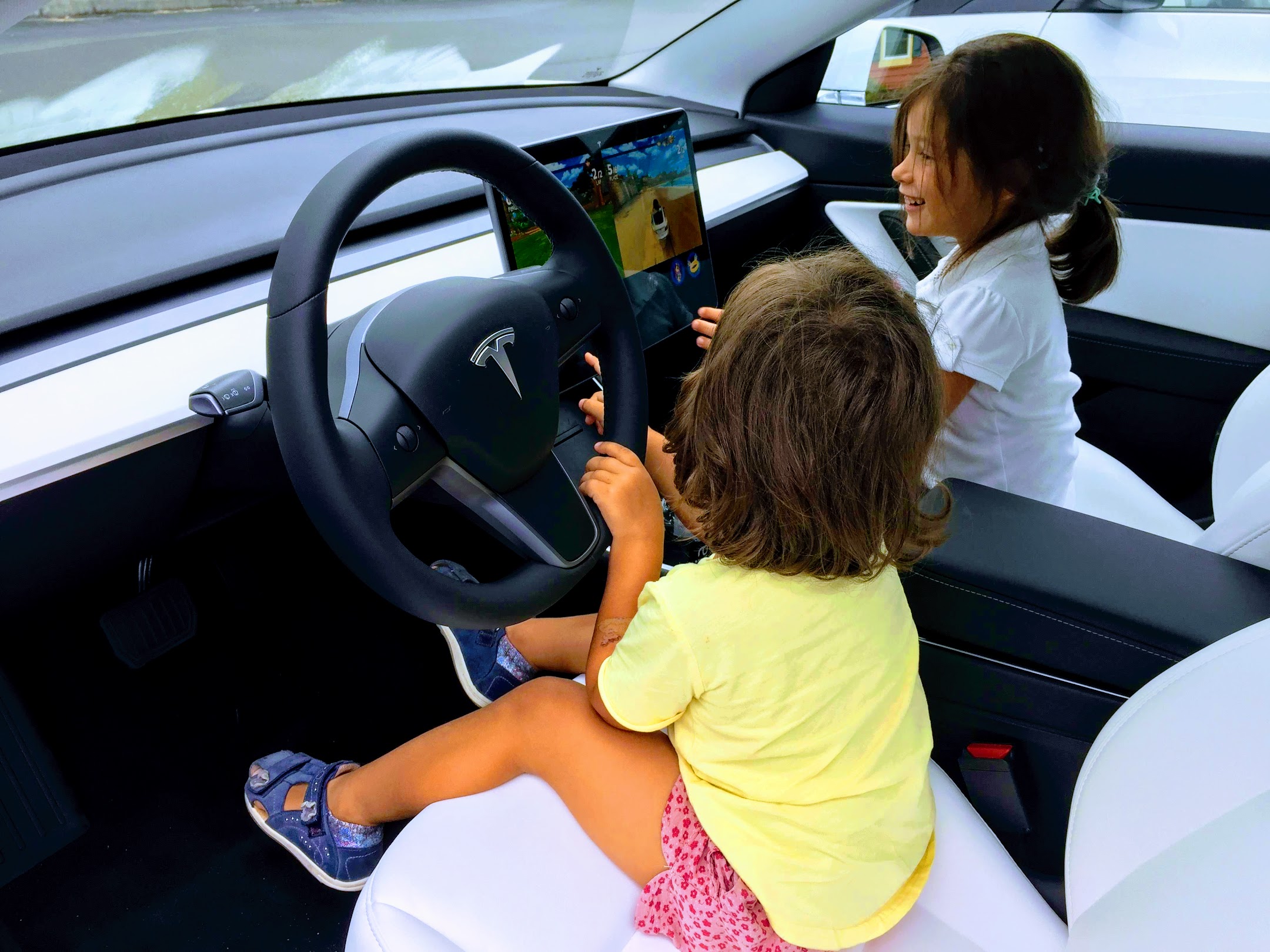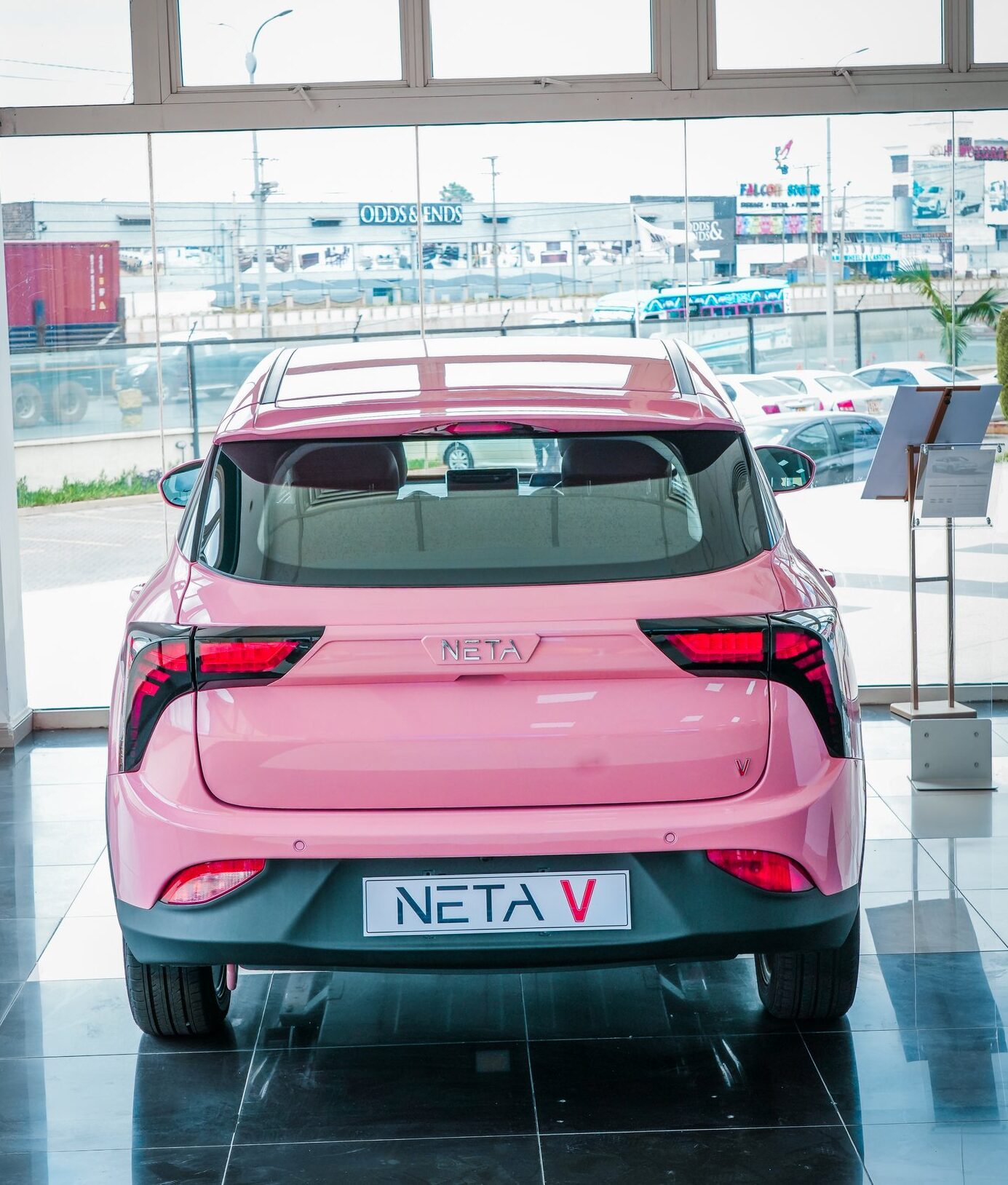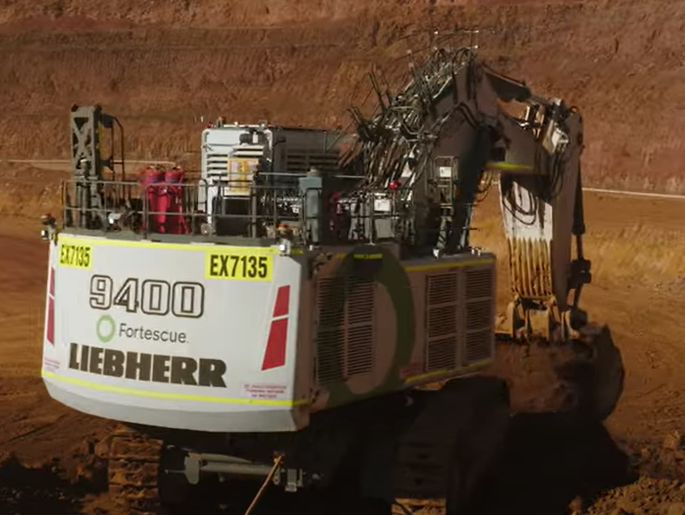Sign up for daily news updates from CleanTechnica on email. Or follow us on Google News!
As some of you know, I was just recently hit straight on by Hurricane Milton. We went right through the center of the eye. (Ironically, it turns out, the actor who played Milton in Office Space — the stapler guy — is from Sarasota. How long has this been planned?!?!) There are numerous stories to tell from this experience, but I’m going to focus on the EV side of things here.
Paul Fosse wrote a great article recently on “What If A Hurricane Comes & You Only Have An Electric Car?” I will touch on some of the same things, but also some others. So, let’s get on with it.
1. It’s all about staying cool.
First of all, an electric vehicle (EV) can be a huge help during a hurricane if you lose electricity. If a hurricane hits and you don’t have electricity, that means you don’t have air conditioning. Frankly, there are few things people want in a place like Florida more than air conditioning. We somehow didn’t lose electricity during this hurricane (don’t ask me how) and we had friends coming over for a couple of days basically just to enjoy our AC. With a gas car or an electric car, if you really need relief, you can get in your car for AC. However, there are a couple of issues doing that with a gas car.
For one, you can’t do it with the garage door closed, since you could then accidentally kill yourself. But if conditions aren’t good outside, you really shouldn’t open your garage door. Also, most gas cars are going to run the engine if you turn the car on for AC, and then you’re going to quickly burn through gasoline that is hard to get after a storm. In a battery-electric car, your car doesn’t use up much energy while standing still, even if you are blasting the AC and watching a movie. Furthermore, if your gas car doesn’t need to run the engine to provide AC, that means you’re just using the tiny 12V battery, but you don’t want to do that for long or your battery will die. No such worries with an EV. In fact, you could spend days or perhaps even weeks using your car’s AC as desired without running down your battery.
2. Gas station lines after the storm.
You know where I’m going with this. Before a storm, and even more so after a storm, you get extremely long lines at gas stations. Gas stations lose electricity, people can’t pump gas, demand for gas builds up, and as gas stations slowly start popping back online, people end up chasing gas from station to station and waiting for hours in line only for the station to run out of gas.
My family and I were driving to a store yesterday for some grocery shopping and Halloween shopping, and we came across an extremely long line. We couldn’t see what it was for, but it clearly must have been for gasoline. It just kept going and going and going. I did finally identify the gas station they were in line for. We went into the store, came out a little while later, and not a car was in sight near that gas station. Clearly, it had run out of gas. I wonder how desperate those cars were. I wonder what the one who didn’t get gas did next.
I had plenty of electricity in my battery. But even if I didn’t, I could have found it somewhere. Electricity is so widely distributed, and there are so many access points. Even if all faster chargers were offline (I don’t think they were), I could have found an outlet somewhere if I needed one and could have slow-charged.
3. Entertainment.
I mentioned this above, but watching movies in your car doesn’t make sense if you don’t have internet, right? Well, that’s the thing — Paul made the good point that in a Tesla with Premium connectivity, you get internet from the skies and don’t have to worry if your internet router is down. I don’t have Premium connectivity, but once Paul triggered my memory about that, I realized I could have planned ahead and paid for it for one month and we’d be fine. Well, next time. At least we somehow didn’t lose electricity this time. (True, this is Tesla specific, but most EVs in the US are Teslas after all, and some other EVs may have such capabilities, to some extent, as well.)
4. Evacuating is easier.
As far as I can tell, and as Paul noted very well, it looks quite easy to Supercharge your way out of Florida if you decide to evacuate. With more and more non-Tesla EVs getting access to Superchargers, they can do this as well — even if it’s not quite as fast or seamless as it is with a Tesla.
5. Vehicle battery backup for bigger appliances or your home.
If things really get bad, some EVs can deploy vehicle-to-load tech to power things like refrigerators, hotplates, fans, or TVs. And, with the connection set up, some can even power one’s home. (I’m looking at you, Ford F-150 Lighting.) A gas car can’t do that.
Aside from a large home battery or three, there’s just nothing that can compete with the mobile, heavily underutilized batteries of electric vehicles, especially if they’ve been set up with V2L or V2G capability. They can power one’s appliances or whole house.
Anything I’m missing? Are there any other ways that electric vehicles are much better in a hurricane?

Have a tip for CleanTechnica? Want to advertise? Want to suggest a guest for our CleanTech Talk podcast? Contact us here.
Latest CleanTechnica.TV Videos
CleanTechnica uses affiliate links. See our policy here.
CleanTechnica’s Comment Policy






